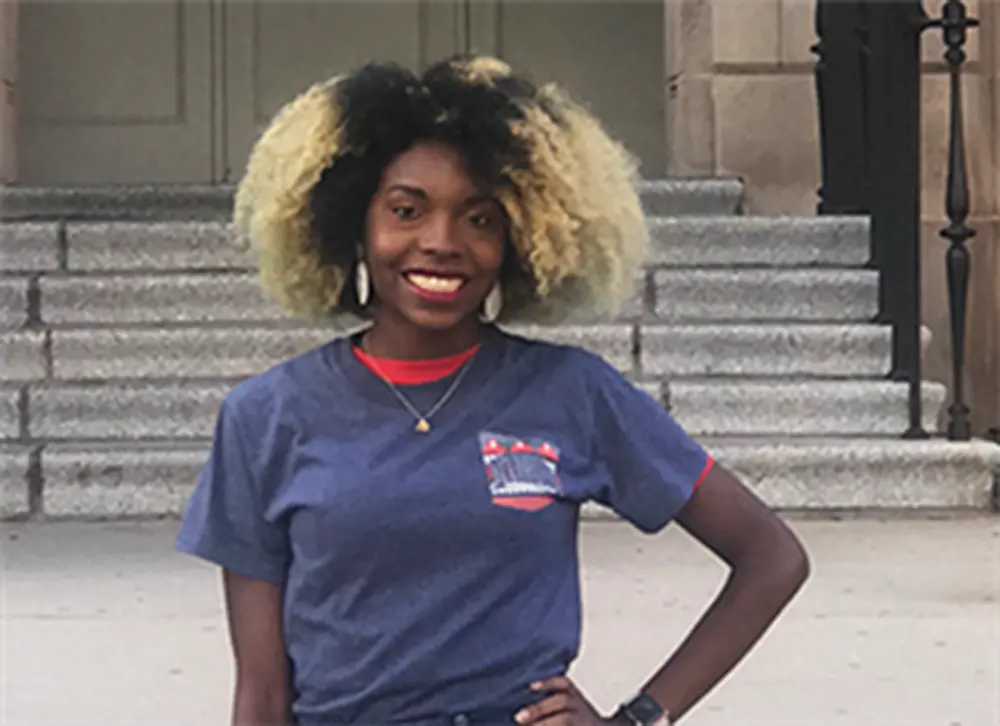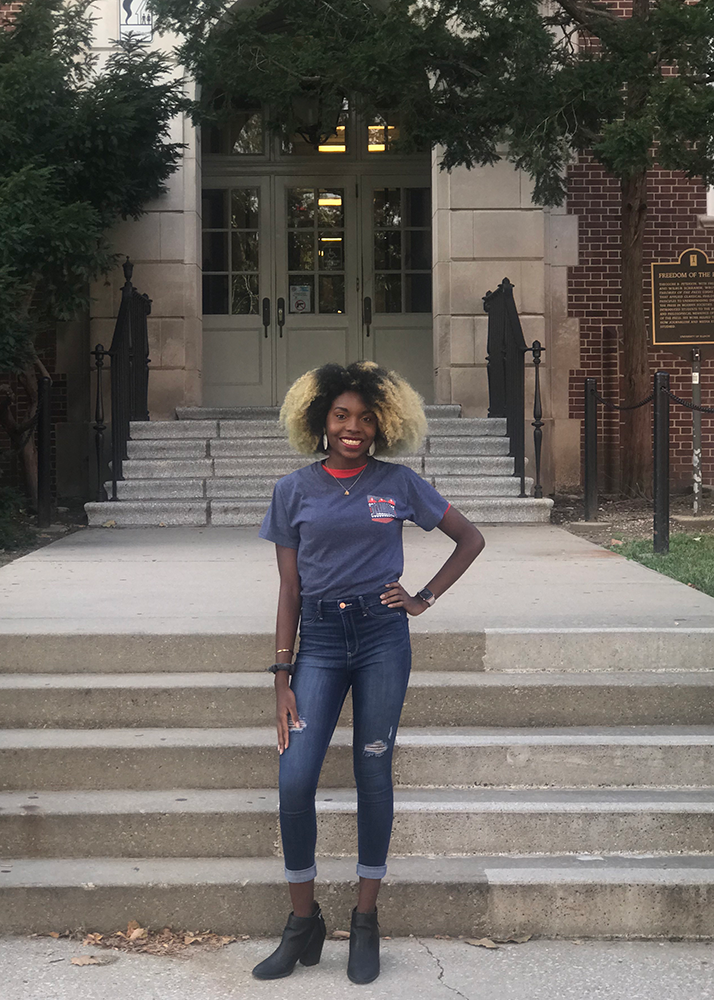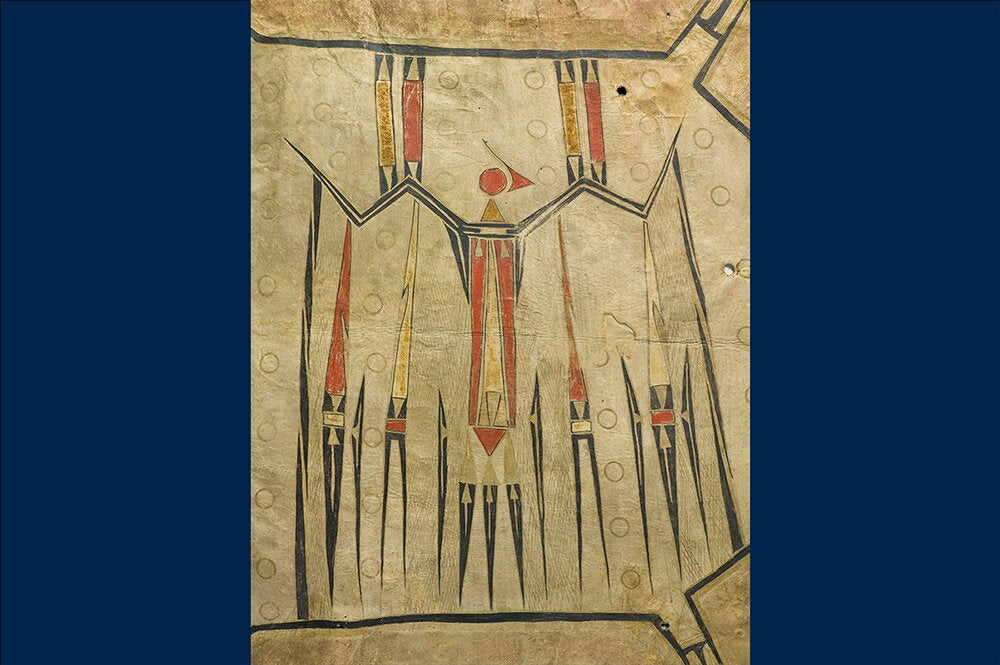

Cupcake day was frantically approaching at Taylor Mazique’s high school. It was supposed to be a happy day, devoted to eating cupcakes and celebrating the various universities that seniors had decided to attend. But it was causing her stress: Mazique had no clue what colors or university logo she would wear on that special day.
“I was trying to pick what college I was going to go to,” recalls Mazique, now a sophomore at Illinois studying history and gender and women’s studies with a minor in French. “It was a really hard decision. I was sitting on the floor behind my bed, sort of having a breakdown, trying to figure out where I was going to go.”
It was then, on the floor of her bedroom, that she got a call from a University of Illinois recruiter telling her the immeasurable value she would add to the history department.
“The call was very… 'Wow. This person really thinks I could add something to that department,'” Mazique said. “I had more of a sense that (Illinois) might be a place where I belong.”
Two days later, upon opening a letter announcing that the Department of History had awarded her the Breymann Scholarship, she knew that she belonged at Illinois. Established in 2010 by the late Irmudine Breymann (BS, '44, education; MA, '47, social sciences) in honor of her husband, Walter Breymann (BS, '41, education; MA, '47; PhD, '50, history) the Breymann Scholarship recognizes promising history majors who have demonstrated academic merit, future promise, and financial need.
“It was the only college that offered me a scholarship for what I actually wanted to do,” Mazique said. “I took it as a sign because it was the only college that wanted to reward me for following my passion.”
Though Mazique recognizes the trend of going into STEM fields, she knew her love of history outweighed other fields when, after taking A.P. U.S. History in high school, she couldn’t help but make connections between the present and the past.
“We identified Taylor Mazique as a wonderful prospective student we wanted to recruit, and so offered her a Breymann Scholarship to attend Illinois and major in history,” said Wendy Mathewson, academic advisor for the history department. “We were delighted when she accepted our offer. From my first advising appointment with Taylor, I have been impressed with her intellectual curiosity, her wide-ranging interests, and her deep engagement with the discipline of history.”
Now, Mazique stays active in the Illinois history scene, working as the social media intern for the Department of History, working as a tour guide at Spurlock Museum, and engaging as a National Collegiate Scholar as well as a member of the history organization Phi Alpha Theta.
“In her first year, Taylor responded to a call for papers from the regional body of Phi Alpha Theta, the national history honors society,” Mathewson said. “Her paper on representations of African-American women in media was accepted, and she got to present at the conference, as a freshman! We were all so impressed with her.”
According to Mathewson, professors always enjoy having Mazique in class and appreciate the way she helps to create a “vibrant” undergraduate culture in the department.
“Taylor is an amazing addition to our academic community, and I am so grateful for the donors who made it possible for us to let her know from the beginning how much we wanted her here with us,” Mathewson said.
After graduation, Mazique aims to enter a doctoral program for either history or African American studies, where her strongest interests and passions lie.
“I think about how it all started with that phone call and getting that scholarship that proved I was going to get all these opportunities,” Mazique said. “Being in the history department, I was able to create my own path and future. Your college education is really what you make it and what you want it to be. There are so many things you can do with whatever degree you get.”


